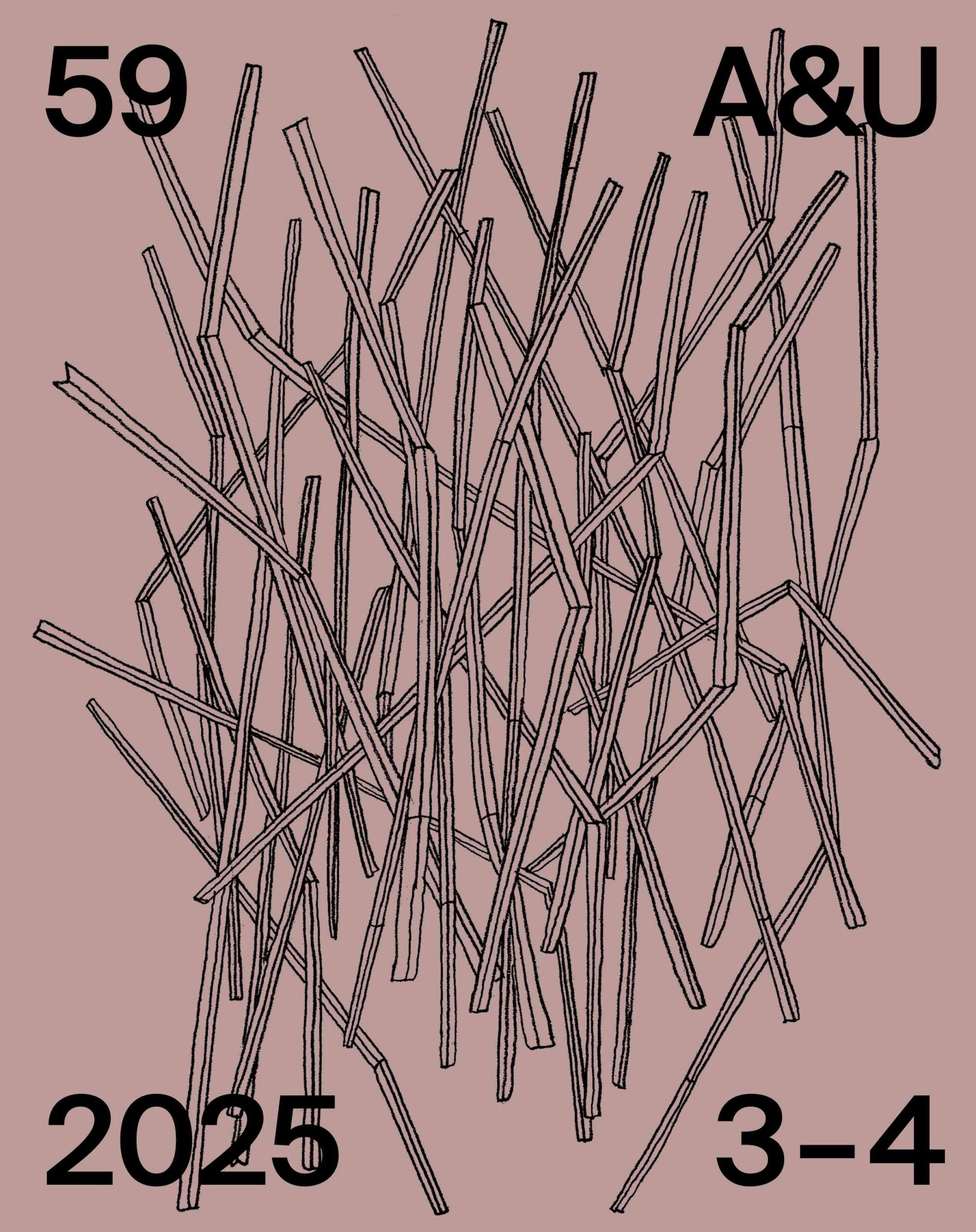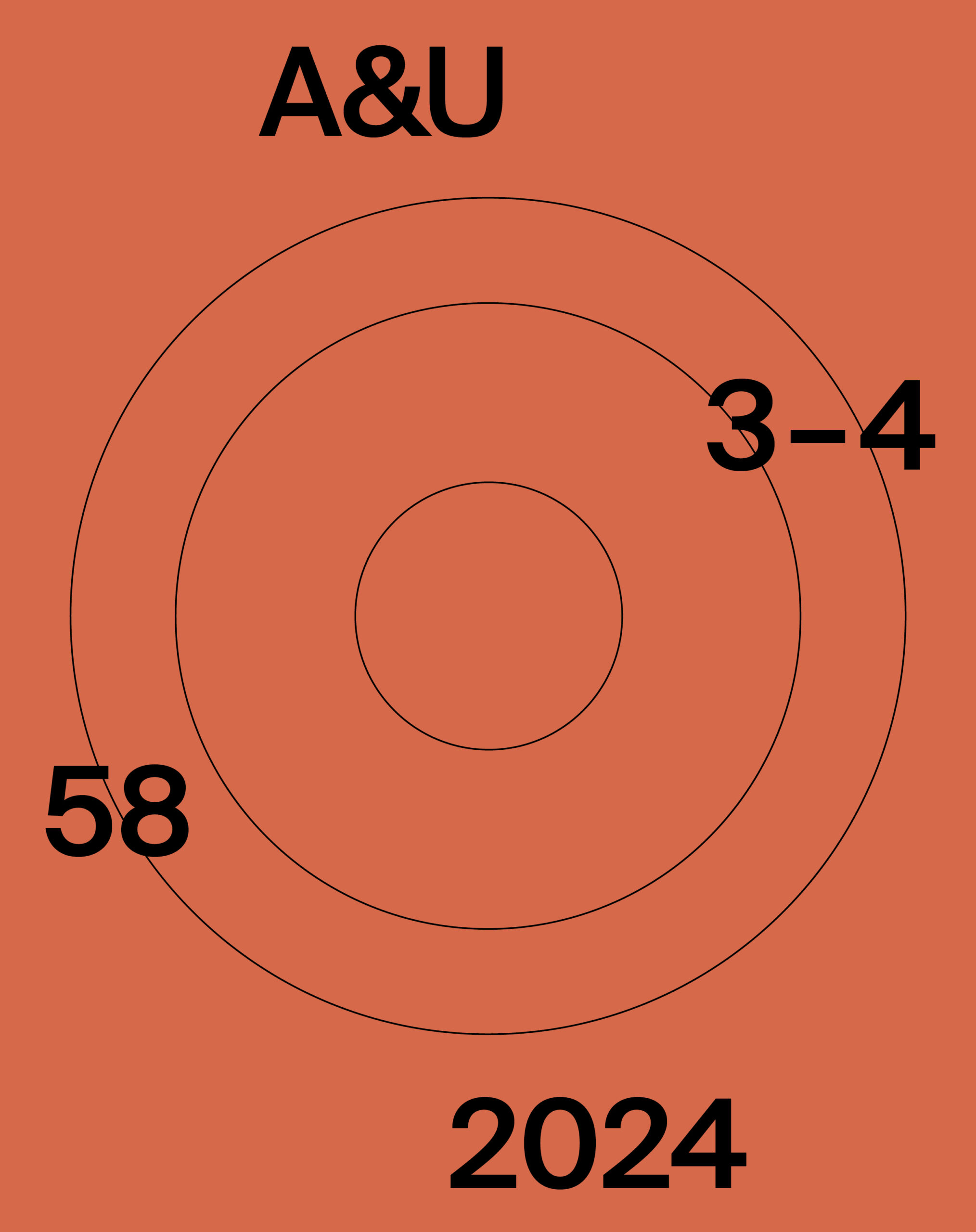The study assumes the goal of sketching what has developed in the environment of the Czech urban-planning profession since the end of the 1980s: from the fall of Communism through the era of political-economic transformation, and what form it has currently assumed. The state of self-awareness and the perception of shifts in professional values is ascertained through the method of unstructured conversations with urban planners. The theme of the ethical orientation and the practical methods of architect working in the area of land-use planning in the context of broader social developments has yet to be resolved in the Czech Republic, or at best it limited to occasional contributions concerning the role of the architect in the process of the investment construction and formation of cities, yet hardly in the planning ramifications of society-wide political processes, but more with a stress on their aestheticizing role. Generally, such discussion tends not to diverge much from the Modernist understanding of the urban-planning profession as only one, not particularly independent, offshoot of architecture.

This work is licensed under a Creative Commons Attribution 4.0 International License.



